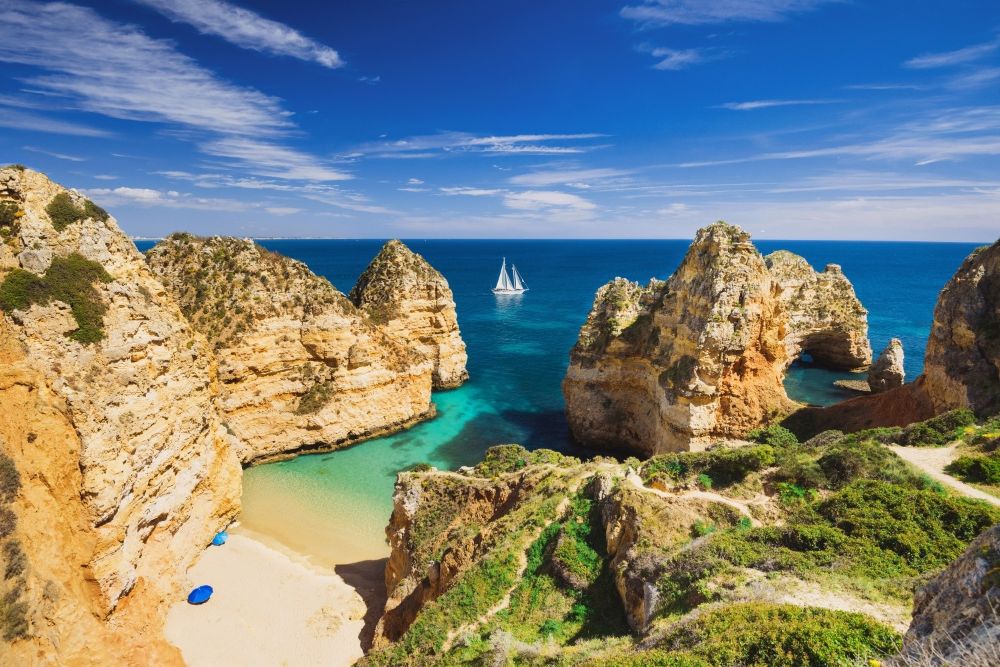SOVEREIGN PORTUGAL RESIDENCY SERVICES
Portugal is a leading location for individuals and families seeking residence in the European Union (EU). It offers a stable political and social environment, clear and transparent tax rules, advanced infrastructure, a favourable investment climate and an excellent quality of life.
For non-EU, non-EEA and non-Swiss nationals, Portugal has further introduced specific residency-by-investment schemes that provide qualifying applicants with full rights to live, work and study in Portugal.
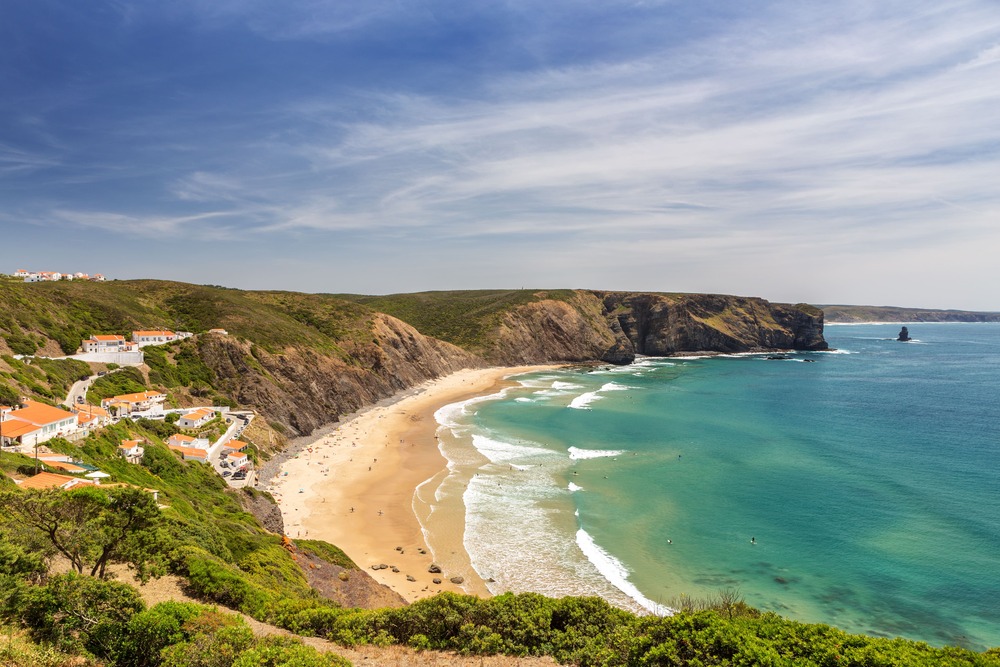
PASSIVE INCOME (D7) RESIDENCY VISA
Also known as a ‘D7’ or ‘Retirement’ Visa – provides residency status to non-EU, non- EEA and non-Swiss nationals, including retirees, who intend to relocate to Portugal and are in receipt of a reasonable and regular passive income.
The minimum income requirements vary according to the number of dependants that the main applicant includes:
- Main Applicant – 100% of the minimum wage- €9,120 pa
- Spouse or dependant parents: 50% of the minimum wage each – €4,560 pa
- Children – 30% of the minimum wage each – €2,736 pa
The D7 Visa is targeted at those who intend to live in Portugal and so a visa holder is expected to spend at least 16 months in Portugal during the first two-year period and 28 months during the subsequent three-year period, provided no absence exceeds six consecutive months.
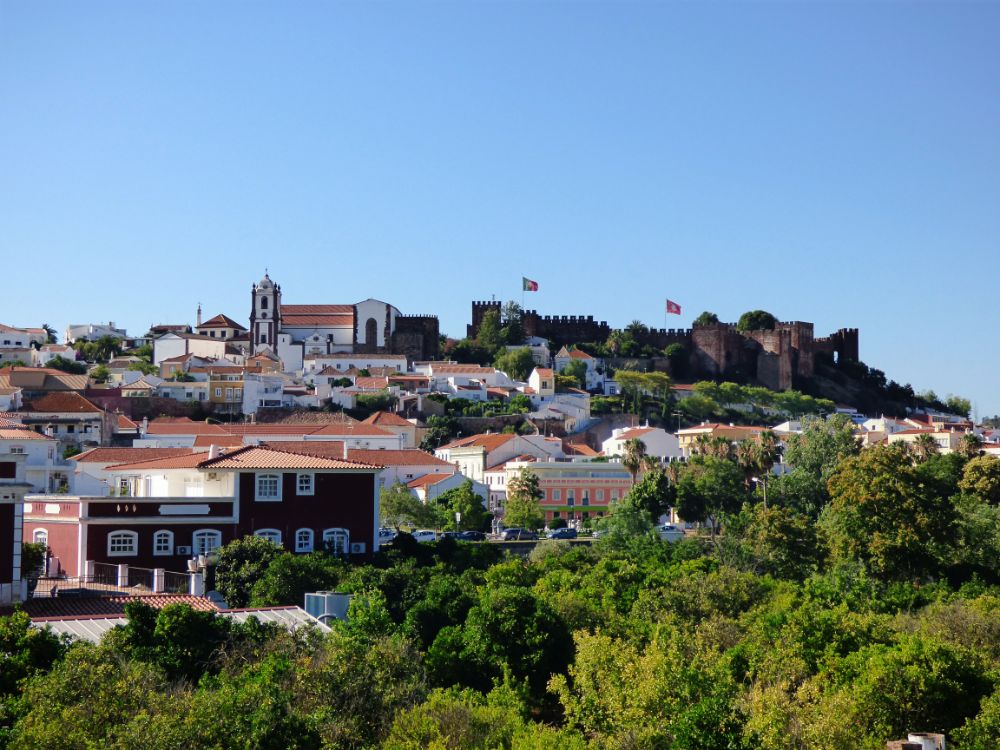
GOLDEN VISA RESIDENCE PROGRAMME (GVRP)
First introduced in 2012 and commonly known as the ‘Golden Visa’ – is a residence-by-investment programme that provides qualifying non-EU, non-EEA and non-Swiss nationals and their families with rights to live, work and study in Portugal.
Designed to attract foreign investment to Portugal, the GVRP offers a fast-track to residency in Portugal in return for an investment in the Portuguese economy. The benefits include:
- Freedom to live and/or work in Portugal, while maintaining residence in another country
- Can be extended to eligible family members
- Visa-free travel within the Schengen zone for 90 days within any 180 days
- Low minimum stay requirements, averaging seven days per year
- The right to apply for permanent residency or citizenship in Portugal after five years
GV holders initially receive a temporary residence permit with a duration of two years. Subsequent visa renewals last for two-year periods. After five years, GV holders can apply for permanent residence in Portugal; after six years, they can apply for Portuguese citizenship.

FISCAL REPRESENTATION SERVICES
To invest in property, apply for residence, carry on a business or establish any form of official presence in Portugal, non- EU, non-EEA and non-Swiss nationals are required either to appoint a Fiscal Representative to serve as an interface with the Tax Department, or to sign up for Tax Department online notifications which are in Portuguese.
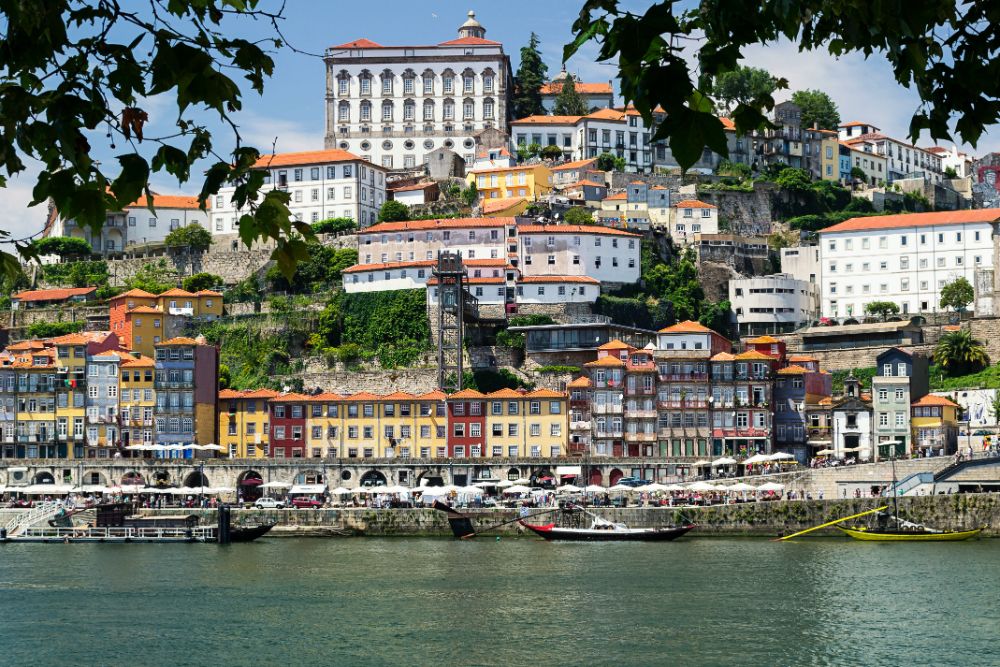
PORTUGUESE NON-HABITUAL RESIDENT (NHR) REGIME
Portugal’s special tax regime for Non-Habitual Residents (NHRs) enables qualifying entrepreneurs, professionals, retirees and high net worth individuals to enjoy reduced rates of tax on Portuguese-source income, while most foreign-source income is exempt from Portuguese taxation.
Individuals of any nationality – including non-EU, non-EEA and non-Swiss nationals – can potentially benefit from Portugal’s NHR regime for ten consecutive years if they qualify as a tax resident in Portugal and have not been taxed as a Portuguese tax resident in any of the five years preceding the year in which residence is established.

BUYING PROPERTY IN PORTUGAL
Property in Portugal can be purchased in individual names or in the name of a company.
STEP 1 – Once you have committed to buying appoint a solicitor/lawyer and instruct them to check the property details such as its legal ownership and registration at the tax office and land registry.
STEP 2 – Every individual owner or company must obtain a Portuguese fiscal number and it is advisable to appoint a Fiscal Representative, such as Sovereign, to assist.
STEP 3 – The promissory contract to agree the terms between the purchaser and vendor will be drafted and signed, and a deposit is generally paid.
STEP 4 – Provisional registration of the intended purchase is made at the Land Registry, where any interested party can see the details for the property.
STEP 5 – Your lawyer will pay the IMT transfer tax, whether it is for permanent habitation or whether the purchaser is a company.
STEP 6 – The Deed for the property must be signed, sealed, witnessed and recorded by a notary public. Stamp Duty must now be paid, if a mortgage is involved, a further stamp duty is payable to the bank.
STEP 7 – Once the Deed is signed, the land registry registration should be completed. The local Tax Office must also be informed of the change of ownership.
STEP 8 – In the subsequent calendar year after the Deed date, the first council tax bill is issued. If Sovereign is acting as your Fiscal Representative, we will receive all your correspondence from the Tax Office and will contact you accordingly. If you are a resident in Portugal, the bill will be sent to you directly.
STEP 9 – If you intend to rent out your property, rental income must be declared in Portugal even if the rentals are administered and the funds received outside Portugal.
STEP 10 – Capital gains tax applies when selling any Portuguese property bought after 1988. When you sell your property, a CGT declaration must be filed at the Tax Office in Portugal even if there is no gain. The vendor may also have to pay CGT in their home country.
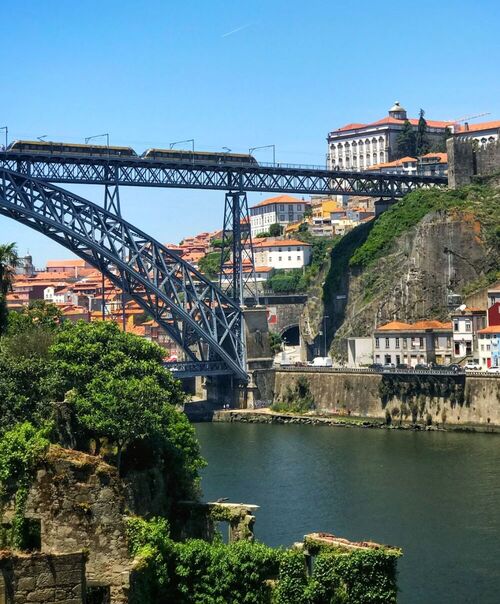
BUYING PROPERTY IN PORTUGAL
CORPORATE OWNERSHIP
Properties that are owned by a corporate entity rather than in individual name can still have advantages in Portugal, but it is best to ask Sovereign for a tax simulation before committing to a purchase. Shareholders, beneficial owners, directors etc. will all need to be registered on the Beneficial Ownership Central Register in Portugal.
OFFSHORE-HELD PROPERTIES
Some properties in Portugal are still held by companies that are registered in countries on Portugal’s ‘blacklist’ of harmful tax regimes and these may incur higher taxes in Portugal.
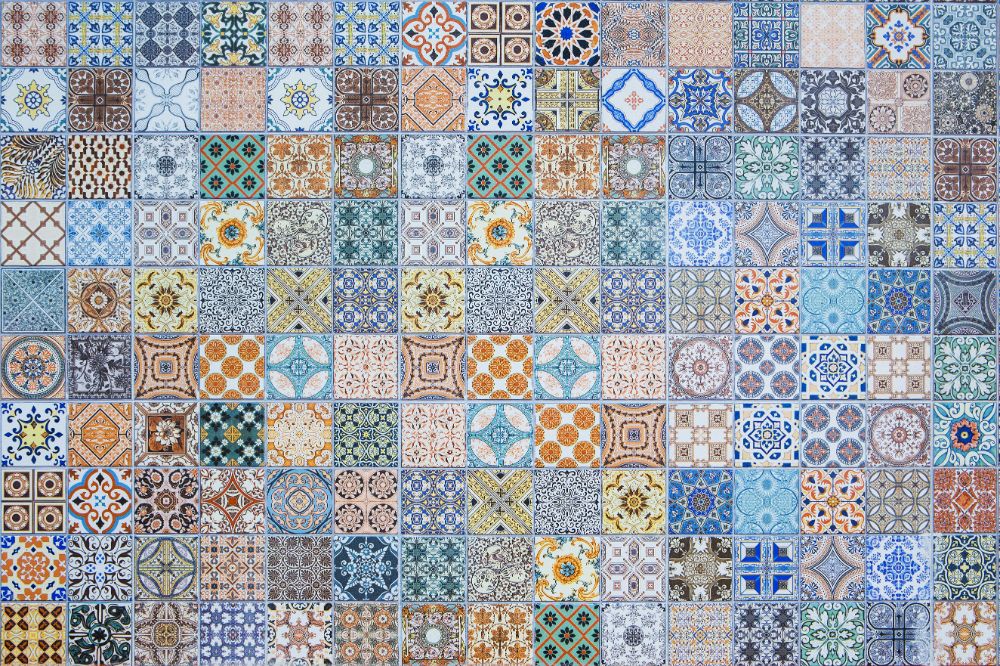
ABOUT THE SOVEREIGN GROUP
The Sovereign Group first opened an office in Portugal in 1998 to meet the growing demand for fiscal representation from foreign investors, residents and retirees, and to assist with their property ownership arrangements in Portugal.
Our clients in Portugal are further able to access the Sovereign Group’s international resources and expertise on a worldwide basis from a local point of delivery, ensuring that they can maximise the benefits of being resident in Portugal.
For more information contact us on
